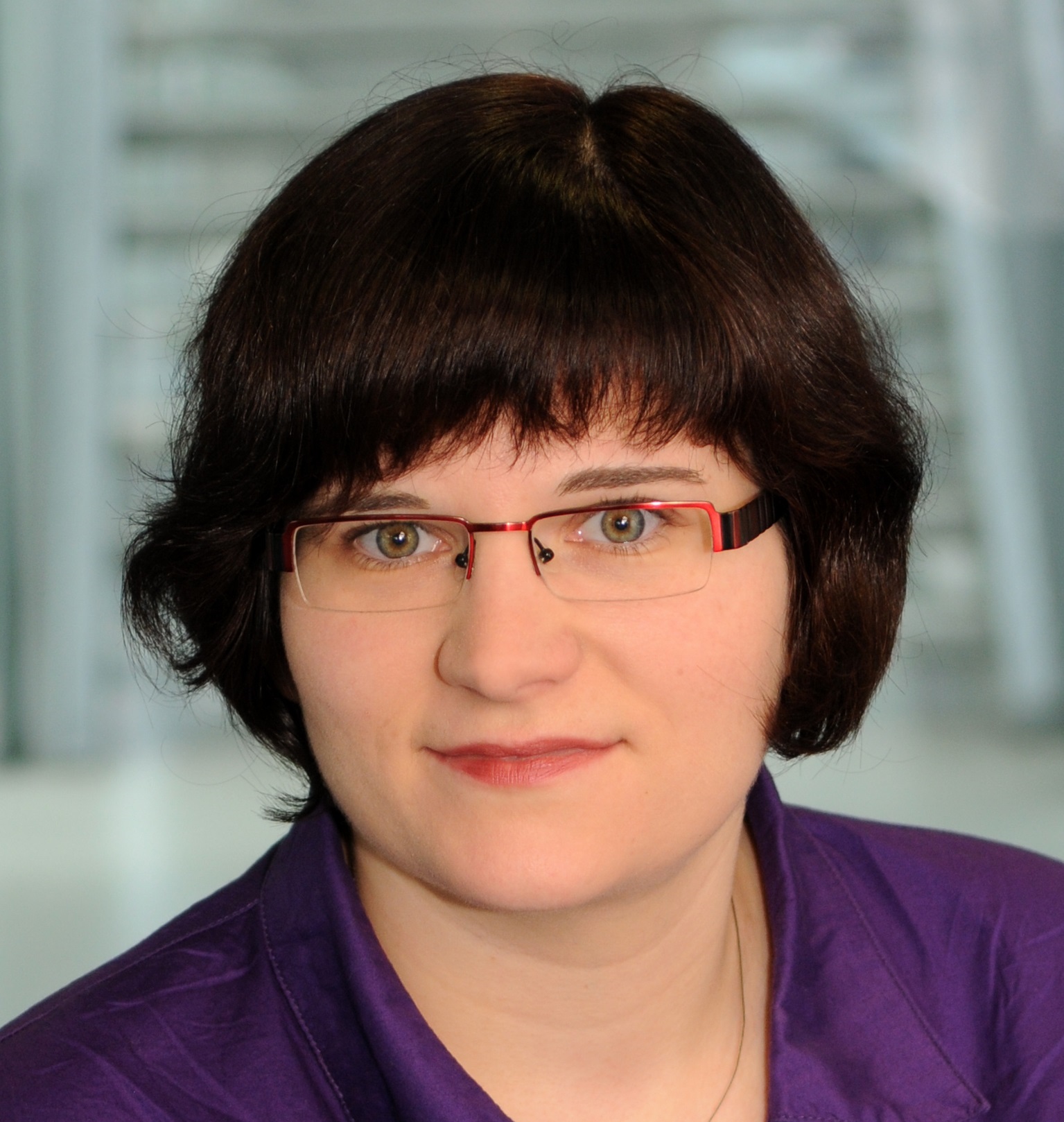 In this session, part of the Artificial Intelligence (AI) methods in evidence synthesis series, the presenters explored if and how AI-based automation tools can assist with systematic searching for the production of evidence syntheses.
In this session, part of the Artificial Intelligence (AI) methods in evidence synthesis series, the presenters explored if and how AI-based automation tools can assist with systematic searching for the production of evidence syntheses.
They gave an overview of tools that are already being used for supporting the search process and presented a critical appraisal of large language model (LLM)-based tools regarding their performance in supporting exploratory and systematic searches (can they identify relevant references, can they design, peer review and run searches, run searches). Additionally, they explored AI-supported search tools that may be used in the preparation of systematic searches or as supplementary search methods.
This introductory webinar was aimed at author teams producing and information specialists supporting the production of evidence syntheses. It was delivered in January 2025 and below you will find the videos from the webinar, together with the accompanying slides to download [PDF].
Part 1: Terminology and an overview of search process and tools
Part 2: What can AI help with in relation to literature search?
Part 3: Environmental impacts, conclusions and outlook
Part 4: Questions and answers
Presenter Bios
Dr. Maria-Inti Metzendorf is a Public Health and Information Scientist who has been collaborating with Cochrane since 2014. She has held several roles in Cochrane (Information Specialist Executive, Cochrane Council, co-author of the Cochrane Handbook, Editor at a Cochrane Review Group) and has advanced experience in information retrieval for health evidence syntheses. She is also an Associate Editor of BMJ Evidence-Based Medicine and the Journal of the European Association for Health Information and Libraries (JEAHIL).
Irma Klerings has been working as information specialist at Cochrane Austria and the Department for Evidence-based Medicine and Evaluation, university of Continuing Education Krems, Austria since 2014. She is co-author of the Cochrane Rapid Review Methods Group guidance on systematic search methods.
